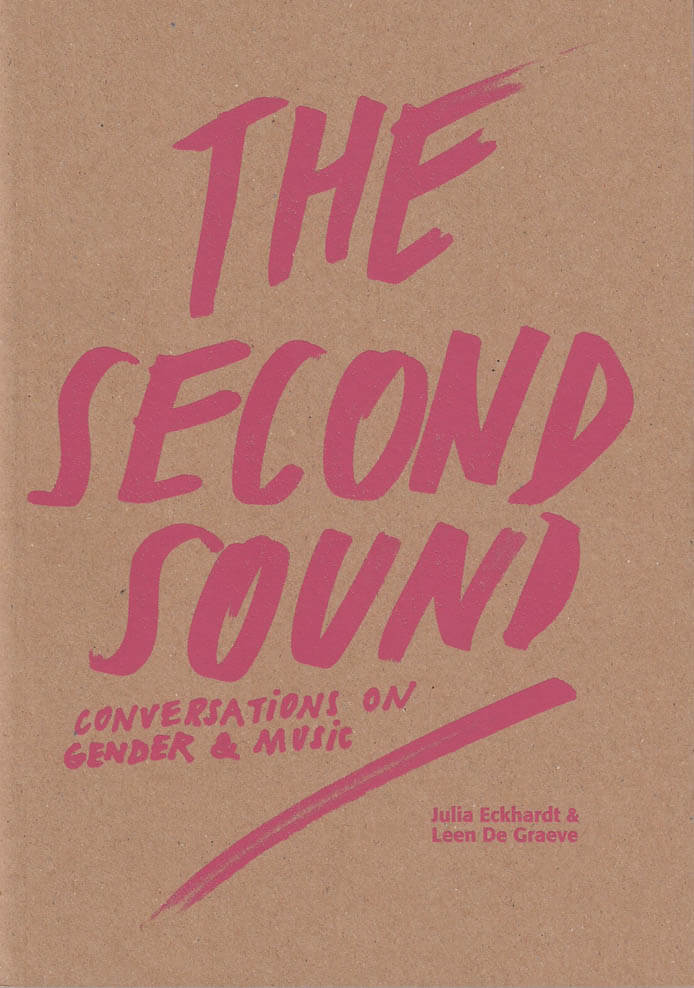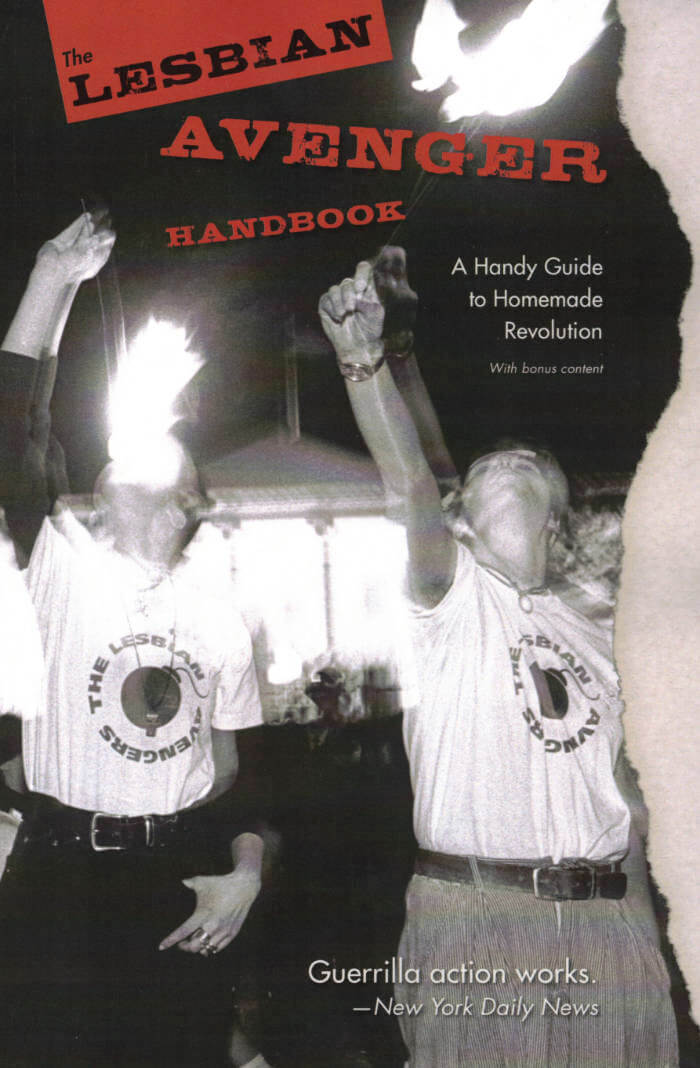
The Second Sound
Julia Eckhardt ed., Leen De Graeve ed.
The Second Sound is an imaginary conversation based on the testimonies of musicians and sound artists on the role of gender and sex within their field.
Gathering anonymous testimonies from artists of different backgrounds into a single stream of (often contrary) opinions, the book addresses discrimination as a paradigm of otherness, the possibility of gendered music and sound art, and how sound artists and musicians navigate the field.
The Second Sound raises questions such as: How do life circumstances find their way into music and sound art? How does music reflect historical and social structures? What does discrimination do, and how can we navigate around it? Is the under-representation of women and LGBTQ people in the field a symptom or a cause? Is art itself gendered? And can it reflect the gender of its maker? Is a different way of listening needed to more accurately understand those voices from outside the historical canon?
Although this book raises more questions than it answers, it came to be a pledge for embracing artistic differences, for the richness of contextual listening, and for honesty in the expression of concerns and doubts. The responses seem to suggest that understanding differences by theme and not as predetermination is a way to provide freedom in a field of seemingly abstract art.
Language: English





